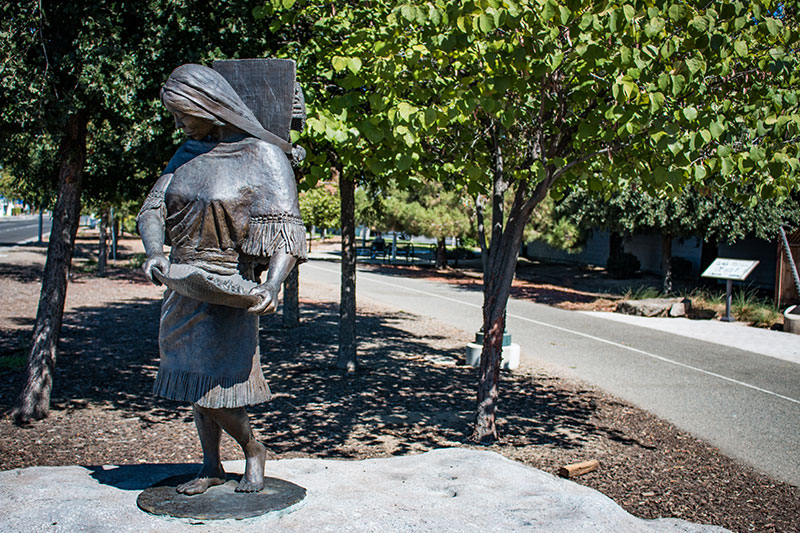It is easy to sit at almost any intersection in our community, spot a person we presume to be homeless, mentally ill (or both), and think to ourselves “No one is doing anything about this.”
Nothing could be further from the truth.
First, make no mistake. The challenges of homelessness, mental illness, substance abuse and general disenfranchisement from our community are complex. There are no simple solutions.
Five years ago, our community was in crisis. County mental health services were unraveling. Calls to law enforcement were on the rise. The number of mental health patients arriving in our hospital emergency rooms was spiraling out of control.
Homeless folks were gathering in increasing numbers across the community. Our faith-based and community-based organizations were overwhelmed with needs they could not meet. The convergence of these factors was creating a dangerous and unsustainable situation.
In 2011, a small group of community leaders from all sectors came together to have a conversation about what we all could do – collectively – to significantly transform our mental health system of care. We gathered to consider this seemingly intractable challenge. We toured communities like San Antonio and San Diego to learn about what worked. And what didn’t.
Our group, Community Conversations, has stayed together since 2011 and represents an amazing collaboration of community leaders: police chiefs from Fresno, Clovis, and Selma; the sheriff’s office; Superior Court; the district attorney; Fresno County Probation; hospital CEOs; the Fresno mayor’s office; Fresno County Department of Behavioral Health and Emergency Medical System; Veterans Affairs; community health clinics; housing providers; community- and faith-based leaders; Fresno State, Fresno Pacific and Alliant universities; mental health providers; family members; and more.
Our group is driven by several core principles. First, if any one sector could have solved the issues of mental health, homelessness and substance abuse on its own, it would have. But they couldn’t. Silos came down. Our shared vision keeps us at the table.
Second, at every meeting, the group is reminded that the political will to change our system and improve the lives of the people we serve is at that table. Remain committed or step away. Thankfully, the group has grown as participants have recognized that the power of this collaborative to substantively change our community for the better is far greater than the power of any one of our organizations on our own.
Third, we are driven by outcomes. Not talk, but real outcomes we can see and measure.
This month, we celebrated the one-year anniversary of the MAP Point at the Pov (Poverello House, a homeless shelter). MAP Point, the Multi-Agency Access Partnership, was launched last year to provide a single point of entry into the very complex systems of behavioral health, substance abuse treatment, social services, housing and more.
Since its inception, the MAP Point at the Pov has encountered nearly 3,700 individuals, some more than once. Of that number, we have helped establish 681 households – including 324 veteran households – through federally funded programs, reunification with family or friends or self-resolution. We made 1,785 linkages to services, including mental health, substance abuse and employment. We served men, women and a growing number of families through our first MAP Point.
At our one-year celebration, we had the privilege of hearing from Bill. Bill recounted his story of many start-and-stop attempts at finding help, none of which were successful until he ventured into the MAP Point and connected with his case manager, Ernesto.
Ernesto became Bill’s “navigator,” ensuring he had the help he needed for housing, medical care and more. Within 30 days, Bill signed an apartment lease, his health has improved, and he is contributing to our community in far more productive ways.
The county Department of Behavioral Health will take the lead on expanding our network of MAP Points to rural communities and to underserved populations in our communities. We firmly believe that getting services to where folks are – and having all the services where and when they need them – is our best chance at restoring the individuals we serve to their highest and best selves.
And after all, isn’t that the responsibility and challenge of leadership?
To quote Mayor Ashley Swearengin, there is no reason for Fresno to be “hopeless about homelessness.” To the contrary, we have all the pieces in place to effectively address issues of homelessness and mental health better than most places in the country.
We invite you to be part of the solution, instead of just sitting at the intersection.

